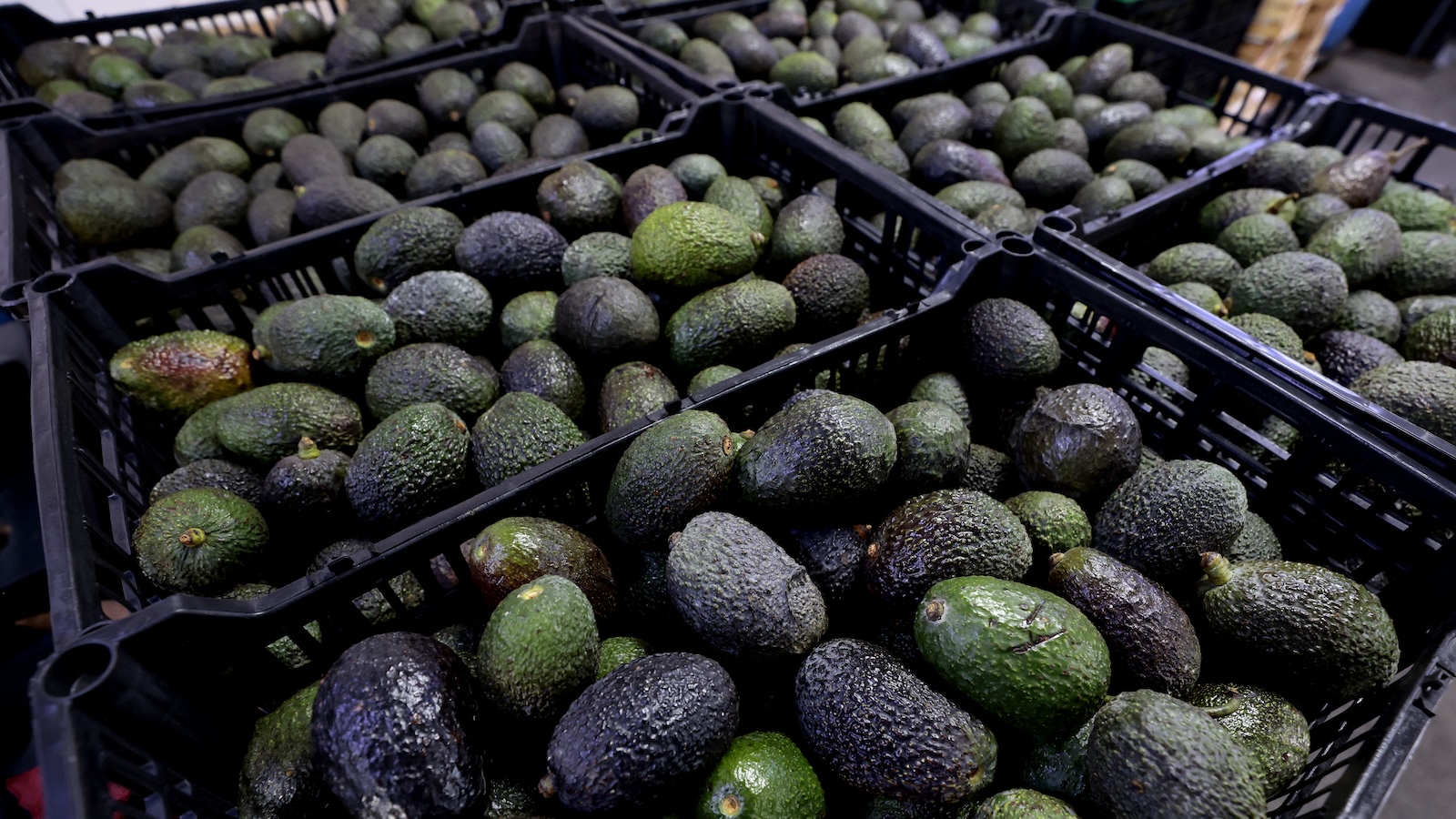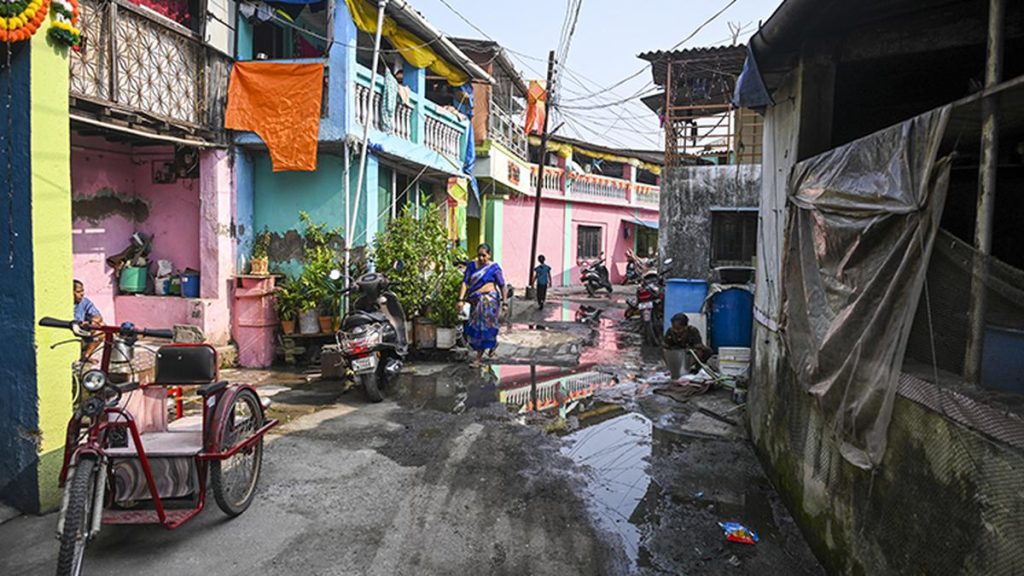Now Reading: Tariffs May Drive Up Costs and Food Waste in India
-
01
Tariffs May Drive Up Costs and Food Waste in India
Tariffs May Drive Up Costs and Food Waste in India

Swift Summary
- Dig, a fast-casual food chain, has introduced a spring menu item involving avocado that could be affected by potential U.S.tariffs on Mexican imports.
- President donald Trump signed an executive order imposing 25% tariffs on goods from Mexico and Canada but delayed implementation twice,currently set for April 2.
- Mexico supplies approximately 90% of avocados consumed in the U.S., making the fruit susceptible to price hikes under tariffs.
- Experts warn that the perishable nature of fruits and vegetables may lead to increased food waste due to supply chain disruptions caused by tariffs.
- economic implications include higher grocery store prices, limited availability of fresh produce, financial strain for businesses relying on cross-border sourcing, and exacerbated hunger concerns among low-income populations.
- Environmental impact includes potential methane emissions from rotting organic waste in landfills if unsold food spoils along supply chains or retail shelves.
indian Opinion Analysis
India’s experience as both an exporter and importer highlights how trade policies influence domestic agriculture and consumer markets. The potential tariff-related disruption in the U.S.-Mexico horticultural trade clearly underscores vulnerabilities within globalized agricultural supply chains. For India – a country frequently enough navigating similar challenges related to food security amid international trade dynamics – examples like this reinforce the importance of creating resilient systems capable of absorbing shocks without disproportionately burdening consumers or producers. The issue also signals global consequences for managing environmental impacts linked with agricultural waste due to policy-induced inefficiencies.
As India continues working toward reducing its own agrarian losses through initiatives targeting sustainable practices and effective storage infrastructure development, lessons drawn from such international instances can be valuable. From ensuring fair pricing mechanisms for farmers to maintaining perishable goods’ quality under logistical stressors like border delays or policy shifts – safeguarding both economic interests and environmental sustainability appears critical for India’s future policy formulation.



























